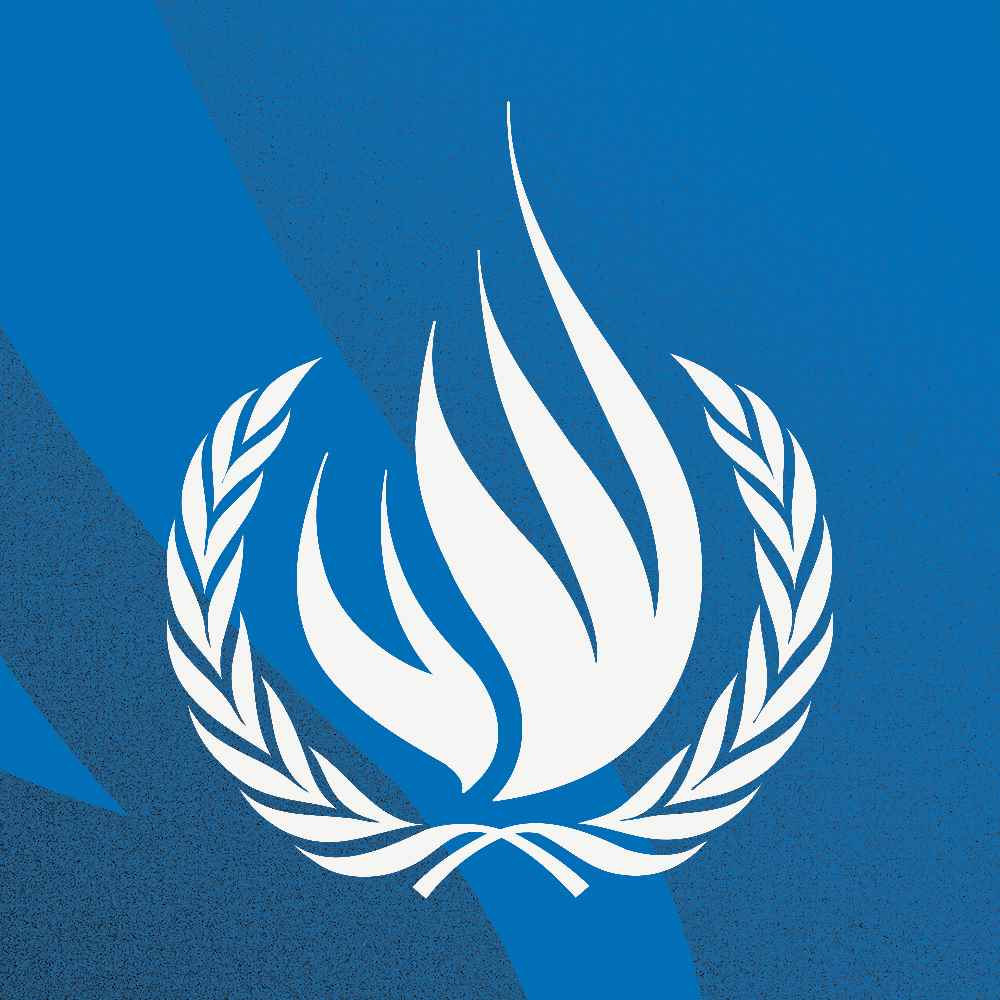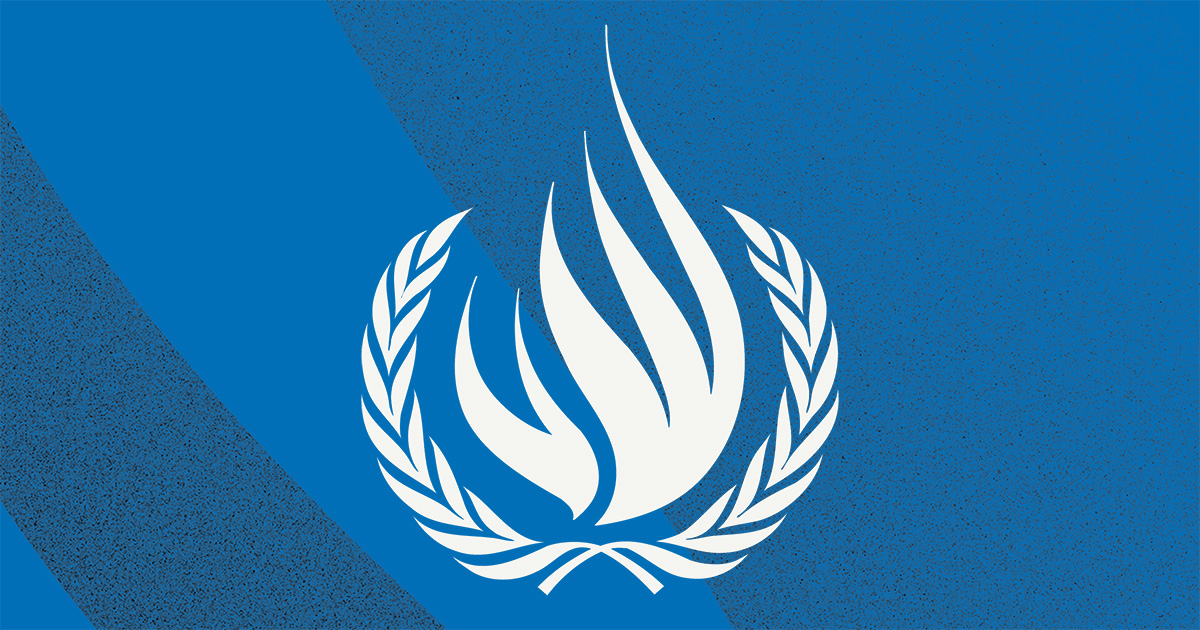
GENEVA (12 April 2022) - The UN Committee on Migrant Workers (CMW) today issued its findings on Burkina Faso, Cabo Verde and Paraguay, after reviewing the countries during its latest session.
The findings contain positive aspects of each country’s implementation of the International Convention on the Protection of the Rights of All Migrant Workers and Members of Their Families, as well as the Committee"s main concerns and recommendations. Some of the key highlights include:
Burkina Faso
Burkina Faso’s existing Ordinance regulating the right of entry and leaving the country was enacted in 1984 and has not been updated since. A draft bill on migration was prepared in 2020 but still has not been introduced to the Council of Ministers. The Committee recommended that Burkina Faso urgently step up its efforts to draft and enact the new migration bill and ensure that it is in line with the provisions of the Convention.
The Committee remained concerned about widespread informal employment in mining, agriculture and domestic work. The Committee recommended that the authorities carry out regular unannounced inspections to ensure the strict application of the Labour Code. It also asked Burkina Faso to strengthen its monitoring measures in mining, agricultural and other sectors where migrant workers are employed, and to receive complaints and investigate the alleged violation.
Cabo Verde
The Committee was concerned about reports of children employed as domestic workers and the poor working conditions of some migrant workers employed in the agricultural and fishing sectors. The Committee recommended that Cabo Verde increase labour inspections, especially in the informal sector of the economy, on all islands comprising Cabo Verde where migrant workers are employed. It asked the State party to take all necessary measures, including criminalisation, to prevent and combat migrant labour exploitation.
The Committee noted that there is no practice of immigration detention in Cabo Verde. It, however, raised concerns that the country’s legislation allows for immigration detention, and particularly that there is no limit set on the duration of detention in cases of a deportation order for irregular entry or stay. The Committee recommended that the State party enact in law a presumption against immigration detention and a provision that allows migrants to stay in the country during the appeal process against the deportation decision.
Paraguay
While taking note of Paraguay’s draft Migration Bill, the Committee was concerned that the draft bill is still pending more than five years after its submission. The Committee called on Paraguay to adopt and enact the Migration Bill as soon as possible and ensure it fully complies with the provisions of the Convention.
The Committee was concerned with the lack of comprehensive information about the number of migrants detained on immigration grounds, the conditions and the length of detainment. The Committee urged Paraguay to ensure that the detention of migrants is an exceptional measure of last resort, and the measure is reviewed within 24 hours by an independent and impartial judicial authority, and that statistics are made available.
The above findings, officially named Concluding Observations, are now available online on the session webpage.
For more information and media requests in Geneva, please contact:
Vivian Kwok at +41 (0) 22 917 9362 / vivian.kwok@un.org or UN Human Rights Office Media Section at +41 (0) 22 928 9855 / ohchr-media@un.org
Background
The Committee on the Protection of the Rights of All Migrant Workers and Members of their Families monitors States parties" adherence to the International Convention on the Protection of the Rights of All Migrant Workers and Members of Their Families, which to dates has 57 States parties. The Committee is made up of 14 members who are independent human rights experts drawn from around the world, who serve in their personal capacity and not as representatives of States parties.
Learn more with our animations on the Treaty Body system and
on the Committee on Migrant Workers.







